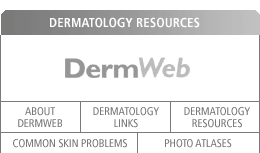|
Herpes Simplex – Cold Sores and Genital Herpes
Herpes is a common infection caused by the Herpes Simplex Virus (HSV). Once a person is infected with HSV, the virus usually remains in a resting, or latent state on the skin.
From time to time, the virus reactivates and causes symptoms It is during this time that the virus can be passed on to someone else.
Herpes is usually not a very severe disease, and the reactivations (outbreaks) can be managed with treatment. Many people with herpes don’t even know they have the virus because their symptoms are either very mild or nonexistent.
HSV is passed from one person to another through skin-to-skin contact, and in general needs an easy place to enter, such as the mouth and the genital areas. HSV can infect skin cells through cuts or scrapes.
Cold sores are generally caused by Herpes Simplex Virus 1 (HSV-1), while recurrent genital herpes is more likely to be caused by Herpes Simplex Virus 2 (HSV-2). Cold sores, or fever blisters, are usually found on the mouth, lips and nose. More than half of the people in North America are infected with HSV-1.
Recently HSV-1 has been found to cause upwards of 50% of primary outbreaks of genital herpes because of oral-to-genital contact.
« Back to Common Skin Disorders
modified 012508 |

